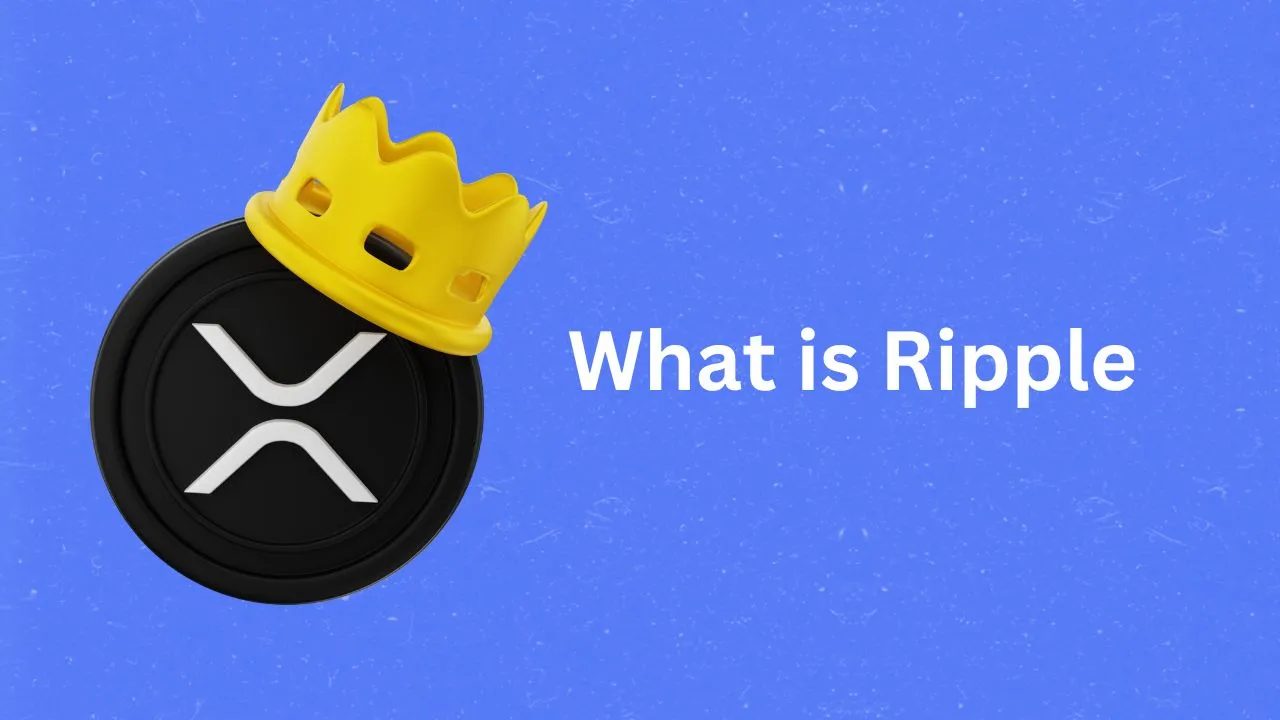Ripple is a payment settlement system and currency exchange network that can process transactions globally. It is an open-source project that is maintained by a community of developers. Ripple is designed to be a more efficient and cost-effective alternative to traditional payment systems, such as SWIFT.
Ripple uses a distributed ledger, or blockchain, to record transactions. This means that there is no single point of failure and that transactions are secure and transparent. Ripple can process transactions in seconds and costs fractions of a penny per transaction.
XRP is the native cryptocurrency of the Ripple network. XRP is used to facilitate transactions on the network and to pay fees. XRP is also traded on cryptocurrency exchanges.
What are the benefits of Ripple?
There are many potential benefits of Ripple, including:
- Faster and cheaper transactions: Ripple can process transactions in seconds and costs fractions of a penny per transaction. This is significantly faster and cheaper than traditional payment systems.
- More secure: Ripple uses a distributed ledger to record transactions, which makes it more secure than traditional payment systems.
- More scalable: Ripple is designed to be scalable, so it can handle a high volume of transactions.
- More global: Ripple can be used to send and receive payments anywhere in the world.
What are the challenges of Ripple?
There are also some challenges that Ripple faces, including:
- Regulation: Ripple is a relatively new technology, and it is not yet clear how it will be regulated.
- Adoption: Ripple needs to be adopted by a significant number of banks and financial institutions in order to be successful.
- Competition: Ripple faces competition from other payment systems, such as SWIFT, Stellar, and Bitcoin.
Is Ripple a good investment?
Whether or not Ripple is a good investment is a matter of opinion. Some experts believe that Ripple has the potential to be a major player in the payments industry, while others are more skeptical.
What is the future of Ripple?
The future of Ripple is uncertain. However, the company has a strong team and a promising technology. Ripple is also well-positioned to benefit from the growth of the global payments market.
Ripple’s Impact on the Payments Industry
Ripple has the potential to revolutionize the payments industry by providing a faster, cheaper, and more secure way to send and receive money globally. This could have a significant impact on businesses and individuals alike. For businesses, Ripple could reduce the costs of cross-border payments and improve their cash flow. For individuals, Ripple could make it easier and cheaper to send money to friends and family overseas.
Ripple’s Partnerships with Banks and Financial Institutions
Ripple has partnered with a number of major banks and financial institutions, including Santander, Bank of America, and UBS. This suggests that Ripple is gaining traction in the traditional financial industry and that banks are seeing the potential of its technology.
Ripple’s Future Outlook
Ripple is a promising technology with the potential to transform the payments industry. However, it faces a number of challenges, including regulation, adoption, and competition. Despite these challenges, Ripple has a strong team and a well-positioned product. It is possible that Ripple could become a major player in the global payments market.
Disclaimer:
I am not a financial advisor and this blog post is not intended to be financial advice. Please do your own research before making any investment decisions.
